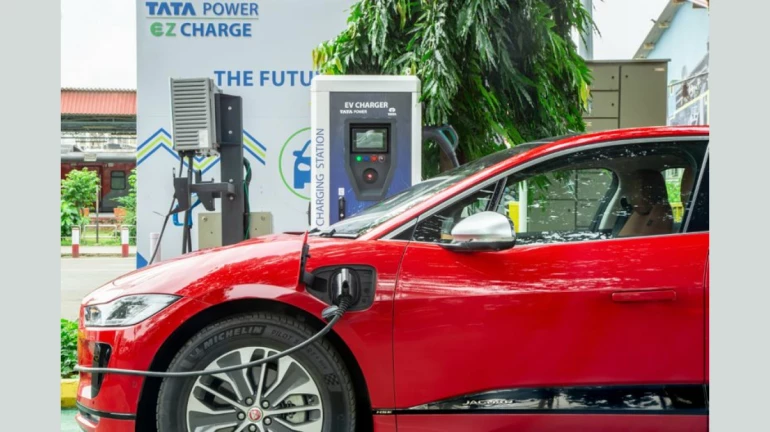
The Maharashtra government has set up a seven-member committee to study the possibility of phasing out petrol and diesel vehicles in the Mumbai Metropolitan Region (MMR). This comes in response to decreasing air quality and increasing traffic congestion in the city.
The group has been asked to assess the feasibility of enforcing a ban on petrol and diesel vehicles in the region. They have three months to submit their recommendations. The committee can consult experts and gather their opinions for a detailed study. This directive is part of a government resolution issued on January 22.
The committee will include the following members:
1. Senior IAS officer Sudhir Kumar Shrivastava will lead the committee
2. The managing director of Mahanagar Gas Limited
3. The project manager of Maharashtra State Power Distribution Company Limited
4. The president of the Society of Indian Automobile Manufacturers
5. The transport commissioner of Maharashtra
6. The joint police commissioner for traffic in Mumbai
7. The joint transport commissioner
The decision to form the committee came after a Bombay High Court (HC) hearing on January 9. The court expressed dissatisfaction with current measures to reduce vehicle emissions and traffic congestion. It found vehicle pollution as a major contributor to the city’s air quality.
The High Court ordered a detailed review of the possibility of transitioning to cleaner fuels such as CNG and electricity. It described the phase-out of petrol and diesel vehicles as a potential long-term solution to reduce air pollution.
The court also asked the Maharashtra Pollution Control Board (MPCB) and the Brihanmumbai Municipal Corporation (BMC) to implement strict environmental regulations.
Furthermore, businesses and bakeries using wood or coal were told to switch to petrol or other green fuels within six months. Fresh licenses will not be granted to those using coal or wood, and future approvals will require compliance with green fuel standards.
The court further directed the installation of pollution monitors at under-construction areas to track and control emissions. It focused on the need for immediate action to tackle the city’s rising pollution levels.





